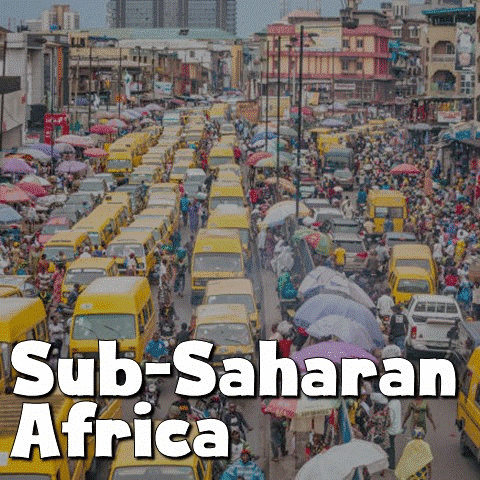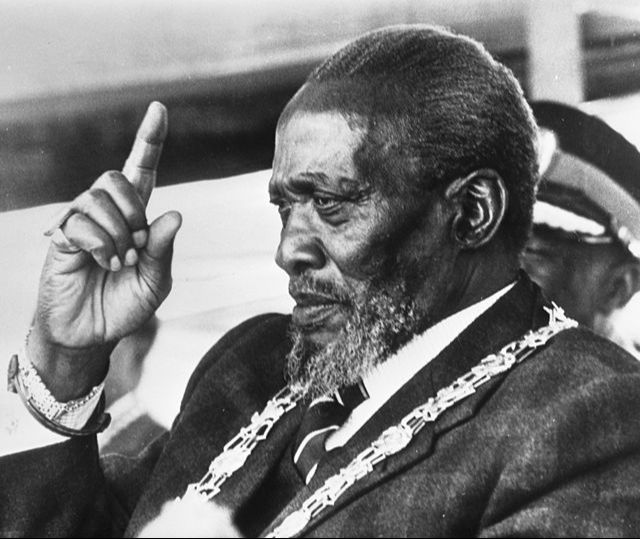Colonialism and Independence Movements

Sub-Saharan Africa's history is closely tied to the impact of colonialism and the fight for independence that followed. From the late 1800s to the mid-1900s, European countries imposed their rule on the vast and diverse landscapes of Africa. This left a difficult legacy that continues to shape the region's boundaries, politics, culture, and socioeconomic realities.
Colonial Conquest and Control
The Scramble for Africa in the late 19th century saw European powers carve up the continent into colonies, protectorates, and spheres of influence. Britain, France, Belgium, Germany, Portugal, and Italy were among the major colonial powers that exploited Africa's resources and people for their own economic gain. Colonial rule disrupted existing social, political, and economic structures, leading to widespread exploitation, oppression, and resistance.
Colonial Boundaries and Divisions
Colonial powers drew arbitrary borders across Africa, disregarding ethnic, linguistic, and cultural realities. The Berlin Conference of 1884 formalized the dividing of Africa among European powers. This led to the creation of nation-states with little regard for indigenous territories or historical boundaries. These colonial borders often divided ethnic groups and kingdoms, sowing the seeds of future conflicts and tensions.
Resistance and Independence Movements
Despite the oppressive nature of colonial rule, Sub-Saharan Africans resisted European domination through various forms of resistance, including armed uprisings, protests, and political mobilization. Leaders such as Jomo Kenyatta in Kenya, Kwame Nkrumah in Ghana, and Nelson Mandela in South Africa emerged as champions of independence, rallying their people against colonial oppression, and advocating for self-determination.

Decolonization and Nation-Building
The mid-20th century witnessed a wave of decolonization across Sub-Saharan Africa, as colonial powers granted independence to their African colonies in the face of mounting pressure from nationalist movements and international condemnation of imperialism. Between the 1950s and 1970s, dozens of African nations gained independence, ushering in a new era of nation-building and self-governance. However, the transition to independence was often fraught with challenges, including political instability, ethnic tensions, and economic underdevelopment.
Legacy of Colonialism
The legacy of colonialism continues to reverberate across Sub-Saharan Africa, shaping the region's boundaries, politics, culture, and socioeconomic realities. Colonial-era infrastructure, legal systems, and administrative structures have left lasting imprints on African societies, influencing everything from governance to education to language. The scars of colonial exploitation, including economic dependency, social inequality, and resource depletion, persist in many African countries.
Challenges of Post-Colonialism
In the post-colonial era, Sub-Saharan Africa has faced many challenges, including authoritarianism, corruption, conflict, and underdevelopment. Many newly independent nations struggled to create national identities and build effective governments, leading to political instability and social unrest. The legacy of colonial-era borders has fueled ethnic rivalries and territorial disputes, exacerbating tensions and conflicts across the region.